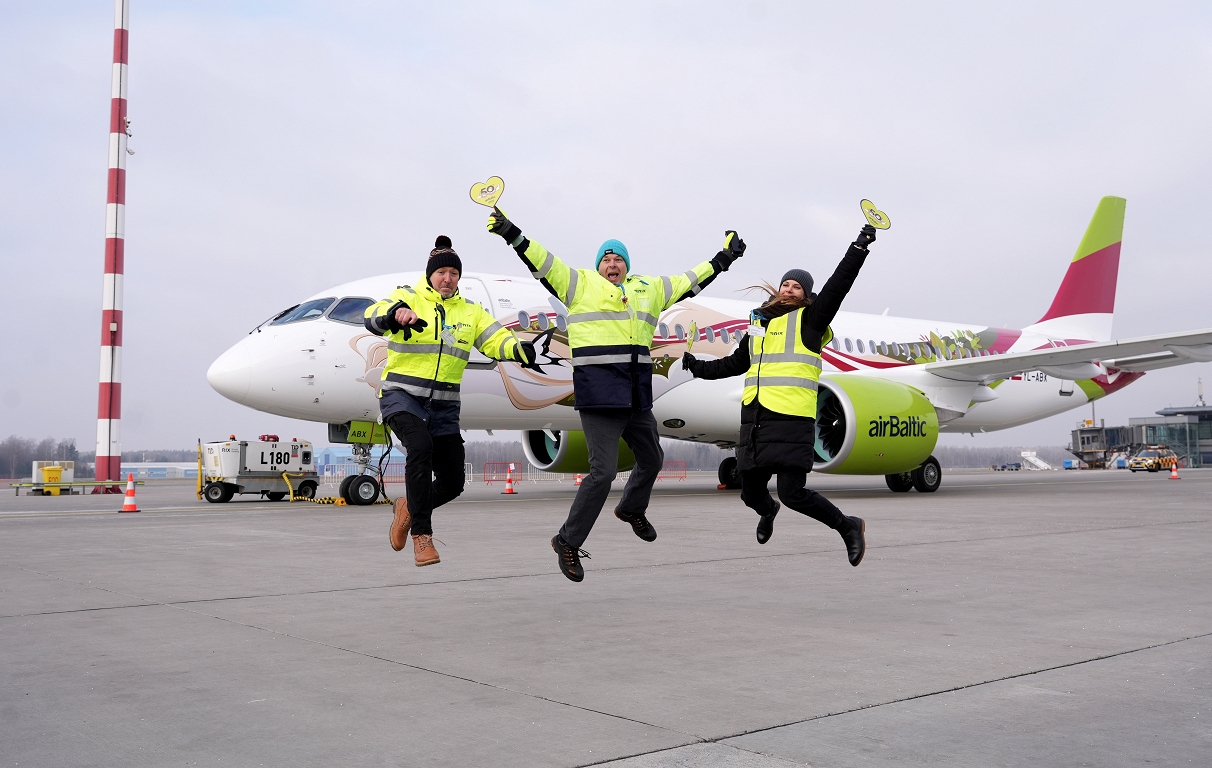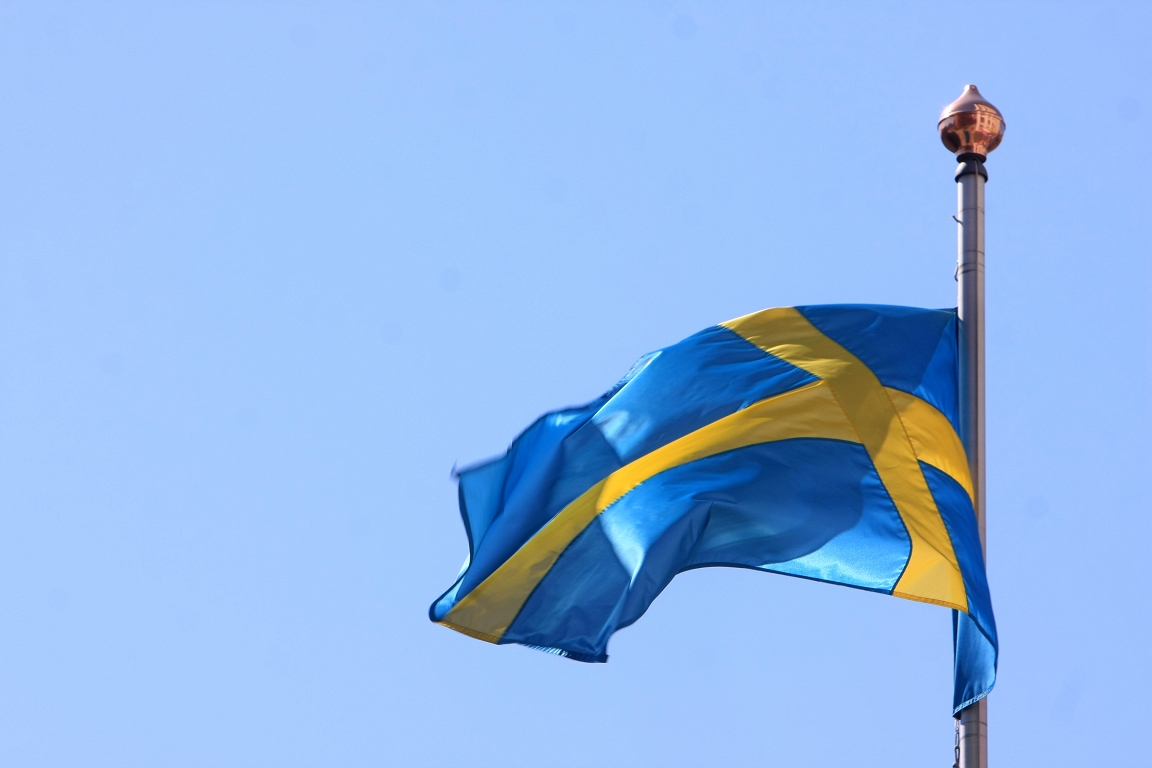SM calls for exceptions to limit remuneration in eight ministry capital companies / day

The MoU explains that in 2025, according to the norms, the total personnel costs may be increased in a capital company by up to 2.6% compared to the previous year, but the MoU urges exceptions.
The MoU justifies this initiative on non -critical but less -paid professions, such as drivers, conductors, as well as individual capital companies for new projects for the industry’s restrictions on the industry. The exceptions would not apply and will not be applied to the members of the Council of Society and the Board.
The ministry thus calls for exceptions to the restriction of remuneration in eight MoU companies. Including the total staff costs of the Rail Baltica railway « European Railway Line » (EDZL), it is planned to increase by 32.5%in 2025, the SJSC « Latvijas Air Traffic » (LGS) air traffic management dispatchers – by 25%, and the Air Traffic Management Department, the Department of Quality Safety.
At the same time, the cost of the Latvian national airline « airBaltic » staff is planned to be increased by 20%, SJSC « Latvian State Radio and Television Center » (LVRTC) – by 18%, JSC « Pasazieru vilciens » (PV) – by 9.5%, Road Safety Directorate (CSDD) – by 6.55%, and for the Latvian Maritime Administration (LJA).
The ministry notes that the new 2025 delegation agreement is planned to set new tasks, which requires additional labor to provide EDZL, which means increasing the total expenses for employee salaries in the company. EDZL needs additional resources, as the project passes into the active construction phase, increasing the number of active financing contracts, and there may be several risks, freezing the payroll budget and others. The total growth budget growth is planned for about 32.5%, of which 1.5% is the increase in remuneration of existing employees, the rest is due to the increase in the project.
The MoU points out that the number of LGS aircraft flights is further expected to increase for both civil and military aircraft in general, and the restriction on wage increases will not only prevent the existing highly qualified aviation industry staff, but it will not be possible to increase their number in the planned amount to ensure the increasing service demand.
In the case of airBaltic, the MoU points out that the company’s growth, increasing the number of passengers carried, revenue, flight number and aircraft, is also related to the increase in the number of employees and staff costs. In the ministry’s view, attribution of salary increases to airBaltic will have a critical negative impact on the ability to not only achieve the share of the stock (IPO) the necessary growth rates, but also to provide even minimal growth.
At the same time, the LVRTC is currently in the rapid phase of development, where several national projects have been launched. The number of employees has increased to implement these projects, including more than 40 employees joined by the company in 2024, and more than 30 employees are planned to be attracted in 2025. Without an exception, the MoU emphasizes that the LVRTC will not be able to ensure the commitments taken on the implementation of national projects, as the adoption of new employees will have to be restricted.
The Ministry also emphasizes that in 2025 the PV wage fund needs to be increased to ensure the planned amount of transport, partially compensate for remuneration retardation from market median, compensate for the increase in remuneration in the market, and to ensure the internal and external justice of the PV salary, to hold and motivate employees. This would apply to traction drivers, staff involved in passenger service, such as conductors, workers involved in repairing the repair stock and others.
At the same time, in the case of the CSDD, the increase in personnel costs is mainly due to the need to comply with the commitment and the planned wage annex of 2.6%. The total amount and costs of the CSDD personnel cannot be reduced due to the expansion of the CSDD and the achievement of the objectives included in the medium -term operating strategy, adds in the ministry.
On the other hand, the Ministry points out that the current regulation poses significant risks to maintaining the competitiveness of further ATD in the labor market. Thus, it is necessary to increase personnel costs to ensure competitive remuneration that reaches the market median in all positions, to attract and hold highly qualified specialists, to guarantee the qualitative and effective execution of the national delegated functions.
At the same time, it will be necessary to involve the LMA in several EU funds -funded projects, which means that the eligibility of the Personnel Remuneration Fund will be required. Likewise, the increase in the costs of LGS staff is due to the achievement of the objectives set in the medium -term operating strategy.
LETA has already reported that in August last year, the government supported a restriction on the increase of the 2025 Remuneration Fund at a maximum of 2.6% compared to the previous year.
The restriction on the growth fund is attributable to public administration, including municipalities, state and municipal -funded companies, including resonated. The government will remain the right to decide on exceptions, for example, on the salaries of the Ministry of the Interior employees’ salaries to the remuneration of the Ministry of Defense.




/s3/static.nrc.nl/images/gn4/stripped/data133759088-06e8bc.jpg|https://images.nrc.nl/P-0cej8gp8lHy0s1VPUpq-bAQug=/1920x/filters:no_upscale()/s3/static.nrc.nl/images/gn4/stripped/data133759088-06e8bc.jpg|https://images.nrc.nl/nJNxd9KFtrTeBwsxZNsF3hCno0A=/5760x/filters:no_upscale()/s3/static.nrc.nl/images/gn4/stripped/data133759088-06e8bc.jpg)


